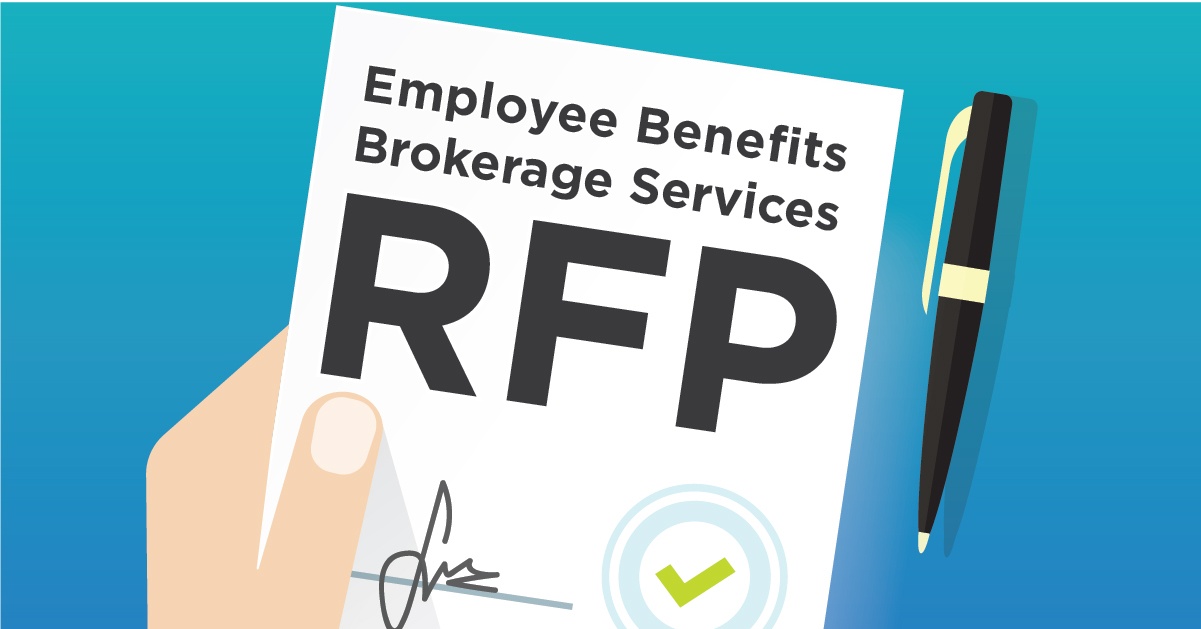As healthcare costs rapidly started to rise in the 2000s, insurance companies started to push high deductible health plans, which came with lower monthly premiums, but higher than average deductibles. That trend has continued to the present day, where HDHPs (high deductible health plans) are as popular as ever among employers.
According to the Kaiser Family Foundation, employers offering HDHPs with some kind of savings option has increased 25 percent over the past decade. In fact, 29 percent of workers covered by employer-sponsored health plans are now enrolled in a high deductible health plan.
One of the major perks of being enrolled in an HDHP is the ability for employees to open and contribute to an HSA (health savings account) — but what many employers (and employees) don’t realize is that not all health plans with high deductibles are eligible for this benefit. So how do you know if your high deductible health plan is HSA qualified?
What is an HSA?
An HSA is a tax-advantaged savings account designated for qualifying health expenditures. This means that funds which employees, employers (or both) contribute to an HSA are not subject to tax, thereby lowering the participant's taxable income for the year. While participants can contribute any amount they like, the government caps tax-advantaged funds for 2021 at $3,600 for individuals and $7,200 for families.
For people who have experience with FSAs (flexible spending accounts), the concept is very similar. FSAs, designed to offset health and dependent care expenses, are sometimes made available through employer-sponsored benefit programs. The main difference is that funds contributed to an FSA “expire” at the end of year in what’s called the “use it or lose it” rule. Net, if FSA participants don’t use their entire contribution, they forfeit whatever is left over.
















